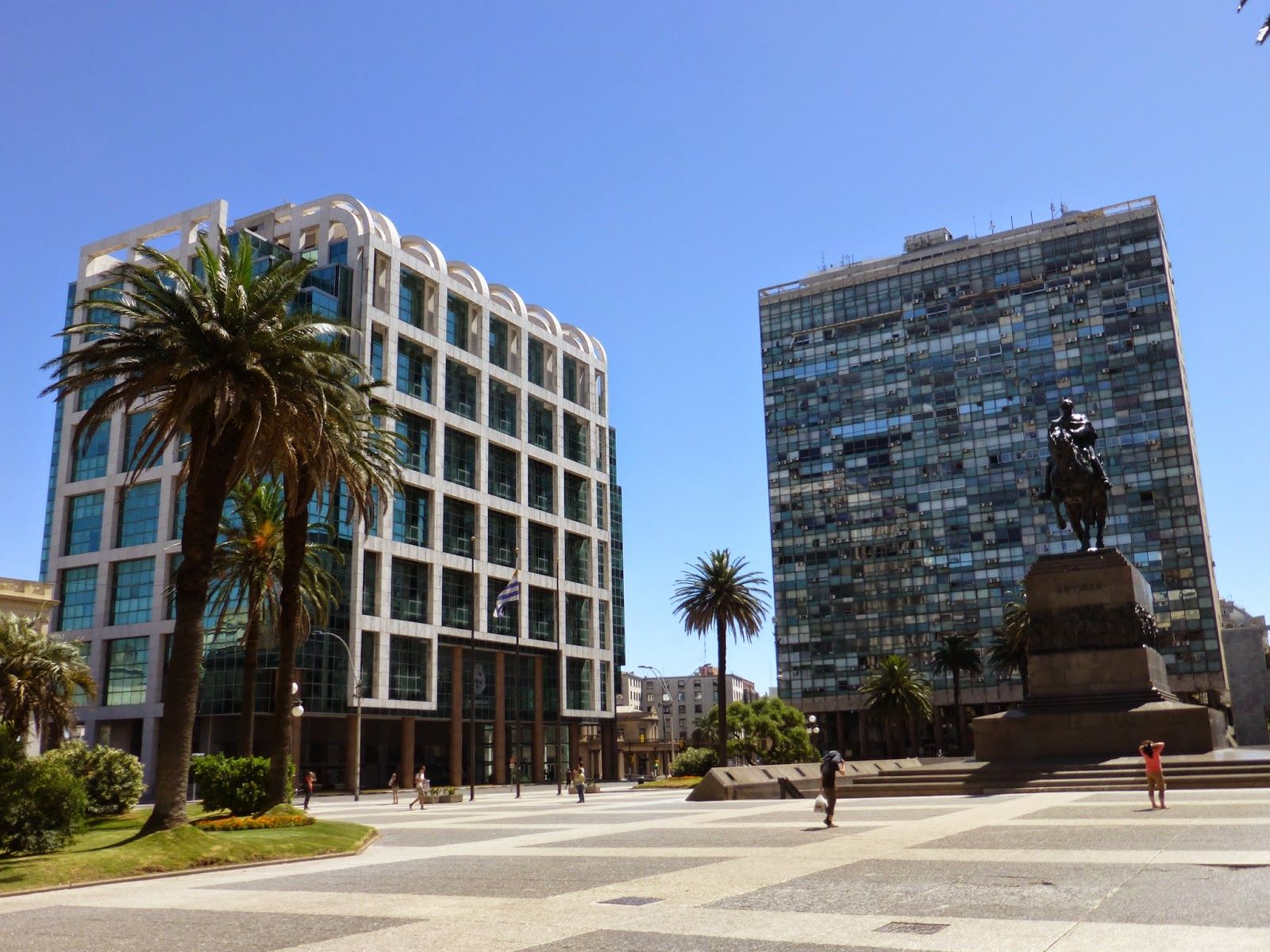“An interdisciplinary approach to the study of working conditions, employment, and health in Ibero-America” regional meeting

The “interdisciplinary approach to the study of working and employment conditions and health in Ibero-America” regional meeting took place June 28, 2019 in Montevideo (Uruguay), organized by the Universidad de la República de Uruguay as part of the Interdisciplinary Event Support Program. It was held in the Assembly Hall at the Uruguayan Presidential Executive Tower.
Goals:
a) Present the status of working conditions, employment conditions, and health in Ibero-America based on the research conducted in more than eleven countries
b) Provide an interdisciplinary overview of the study of these topics through Working Conditions and Health Surveys (WCHS)
c) Promote intersectoral collaboration with local actors close to these key interdisciplinary topics.
The meeting was opened by the Uruguayan authorities and representatives of the workers, the company, and academia. Afterwards, two presentation tables set up by ECoTES Network researchers were brought forward.
Table 1: “Regional challenges and interdisciplinary focus for the study of working conditions, employment, and health in the working class population of Latin America” (Presenters: Dr. Cecilia Cornelio, PhD., Occupational Hazards Authority, Argentina; Dr. Pamela Merino, PhD., Universidad Internacional SEK, Ecuador; Lida Orta, PhD., University of Puerto Rico, Puerto Rico) (PDF)
Table 2: “Alliances between decision-makers and academia to improve working conditions: Latin American experiences in the psychosocial approach at work” (Marianela Rojas, PhD., Universidad Nacional de Costa Rica, Costa Rica; Iselle Sabastizagal, MS, National Health Institute, Peru; Lorena Funcasta, PhD., Universidad de la República, Uruguay)
After the presentations there was time for dialogue and questions with the attendees. According to the topic and characteristics of the proposal, the meeting was of interest to undergraduate and graduate students of various university and non-university degree programs as well as researchers, employees and management of state and civil organizations, unionists, professionals, and entrepreneurs.

